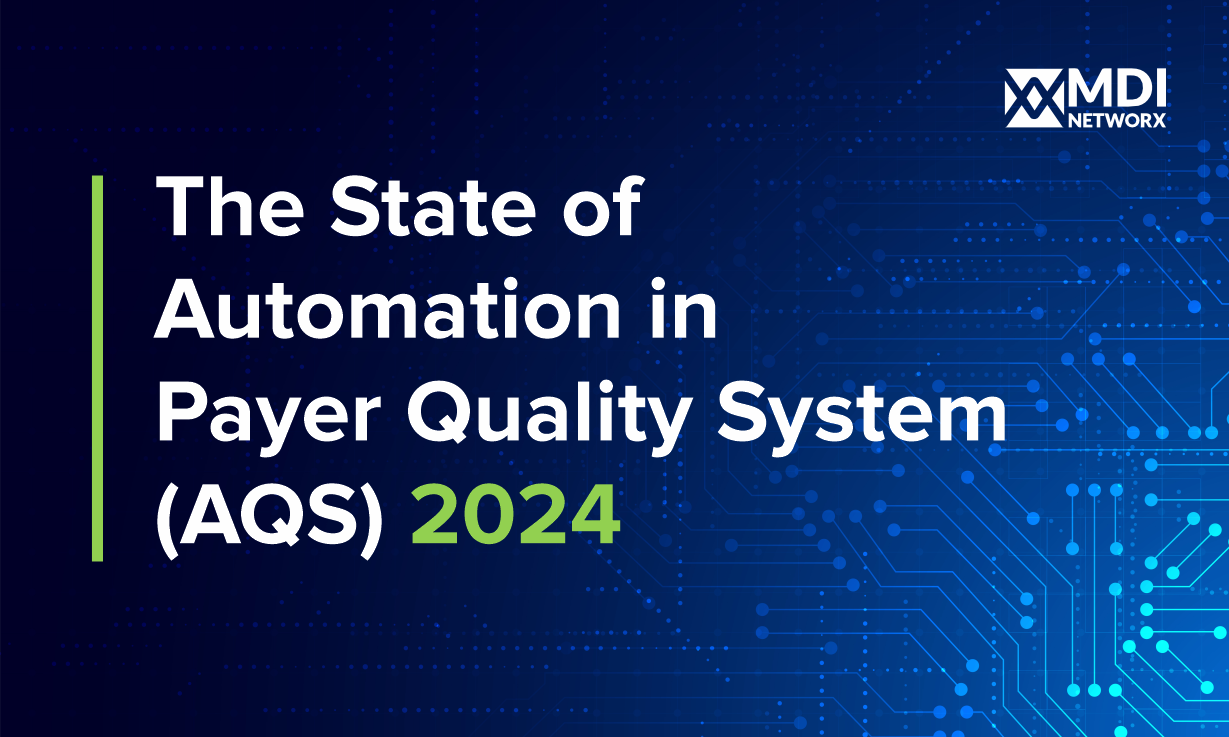Introduction
The world of healthcare always seems to be running. Yet, a provider's financial health should be as crucial as its members. The most significant obstacle faced by most healthcare providers is a high rate of denial claims. A practice should have robust revenue cycle management for its denial rate to be low and sufficient financial flow.
Discussion
This blog will focus on practical, contemporary strategies to minimize denials, including realistic insights and those based on current approaches.
Revenue Cycle Management and Denial Management
Revenue cycle management pertains to managing claims, payments, and revenue generation for health services. At the same time, denial management is an RCM practice that prevents, identifies, and resolves why claims are denied. It is the most crucial aspect that directly influences the economic life of the healthcare provider.
Best Denial Reduction Strategies
Improved Pre-Authorization and Eligibility Verification
- Innovation: The widespread implementation of real-time eligibility verification tools.
- Approach: By the use of innovation, the EHR systems can work with sophisticated pre-authorization tools which will be linked in it. Therefore, by real-time linkage, the eligibility of the member can be accessed. By doing this, the denial rate is decreased as by using tools, the services seeking pre-authorization will be identified and the approval will be attained before treatment.
Holistic Training Programs
- Transition to ongoing education and certification programs for the workforce.
- Approach: There should be ongoing periodic training such as the new billing codes, policies of the payers, and the evolving terrain of regulations. The continuing periodic education programs make the staff more current, resulting in fewer mistakes that could lead to denials.
Denial Tracking Advanced Analytics and Methods
- Leverage predictive analytics to predict and prevent denials.
- Approach: Utilize advanced analytics tools to track and analyze denial patterns. The use of these tools helps to predict the denial well before it occurs, and therefore, the healthcare provider can take measures to prevent the occurrence of the denial. Continuous monitoring of the trend in denials, along with analysis, identifies repetitive issues and may lead the way to implement corrective measures.
Principle: Emphasizing complete and correct documentation of clinical care.
- Application: Any documentation related to a member must be complete, accurate, and truthful. Implementing standardized documentation practices and conducting regular audits can help ensure that high documentation standards are kept and that any deviance from it is rectified, hence reducing the chances of denials.
Automated Claims Scrubbing and Submission
- Innovation: Automated claims scrubbing software is increasingly being used.
- Strategy: When these automated claims scrubbing systems are implemented, there is minimal probability of error in the first place, thus ensuring that all critical information is included before submission. Therefore, a better yield of revenue in a shorter time while maximizing the impact of receiving fewer denied clean claims.
Practice: Develop a team to deny denial claims and to be wholly involved in follow-up, timely appeals, and root-cause analysis to prevent the denials from happening in the future. Fast workflows will ensure quick working out of denial claims, which could result in potential revenue recovery.
Approach: Improve collaboration and transparency with payers.
- Strategy: Build good relations with payers, regularly communicating with them to better understand their policies and amicably settle any issues. Collaboration should result in fewer denials and expedited claims processes.
Innovation in AI: AI integration is more in RCM processes.
- Strategy: AI tools will have to be embedded to avoid human errors in repetitive activities, such as coding and claims filing, and to observe patterns that can lead to a denial. It can also help in predictive modeling to predict future problems and provide solutions proactively.
Conclusion
One of the most important things to work on is claim denials for a successful revenue cycle in healthcare. Implementation of measures like enhanced pre-authorization, intensive training, advanced analytics, robust documentation, automated claims scrubbing, better denial management workflows, collaboration with payers, and AI helps healthcare providers make the revenue cycle optimal. Financially, they guarantee improved performance by the reduction of the hassles in the entire process and, at the same time, improve member satisfaction as hassles in billing are reduced.
Integrate the updated strategies and methods into your RCM process to make your operations smoother and healthier at the bottom line. Stay proactive, informed, and adaptive so that your practice can stay afloat within the evolving healthcare landscape.




